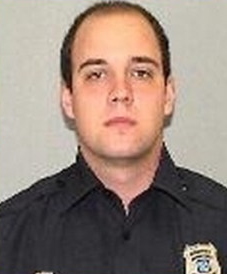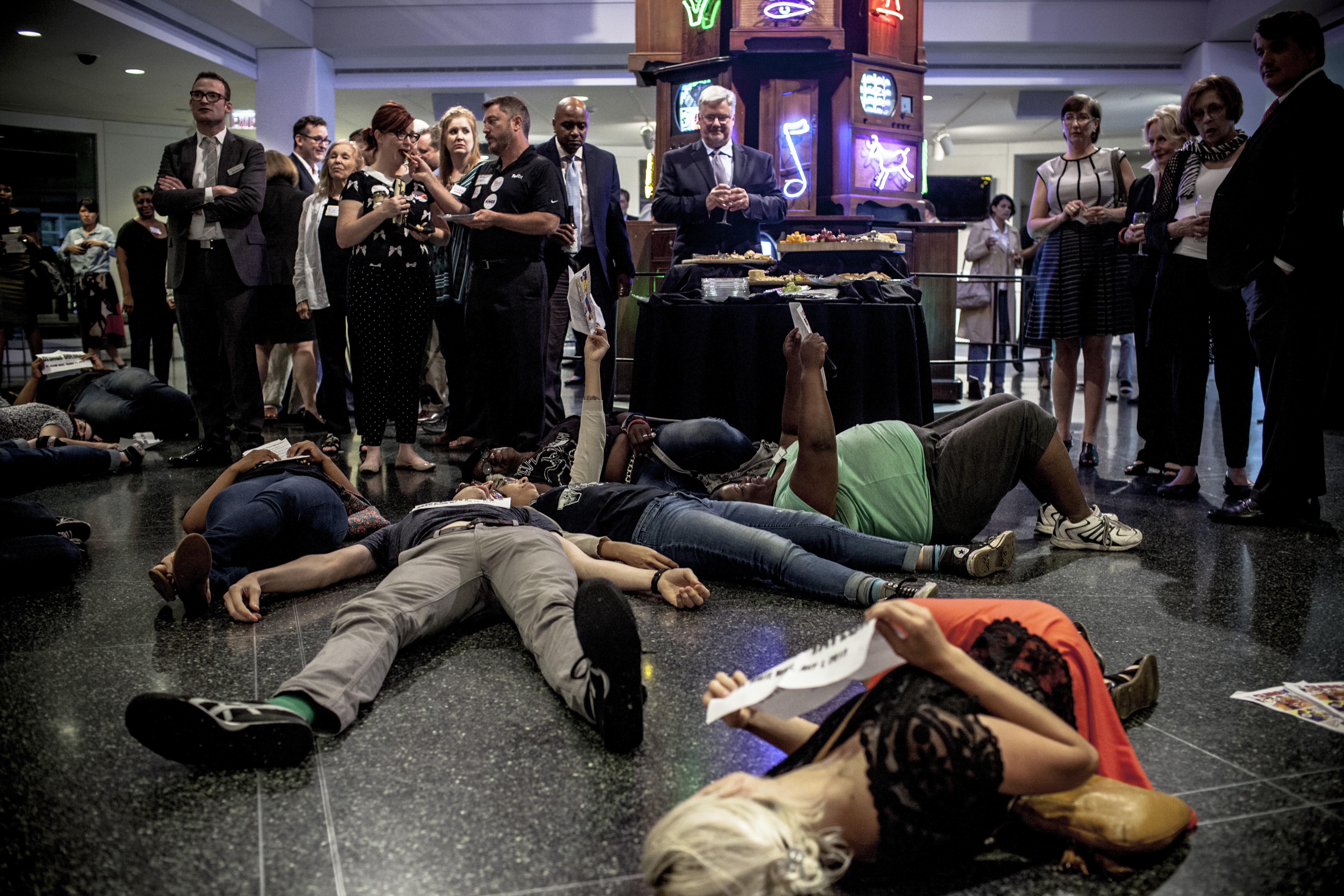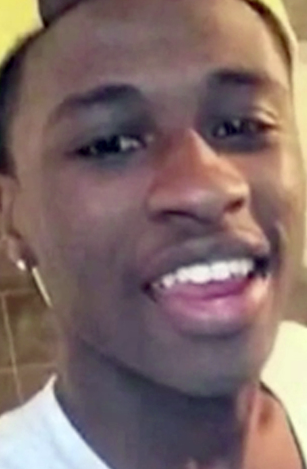
Darrius Stewart
Connor Schilling, the Memphis Police officer who shot and killed 19-year-old Darrius Stewart during a traffic stop this summer, will not face criminal prosecution.
On Tuesday, a Shelby County Grand Jury declined to indict Schilling despite a recommendation by Shelby County District Attorney Amy Weirich to indict the officer for voluntary manslaughter and employment of a firearm during the commission of a dangerous felony.
“I was confident in asking the grand jury to indict, but this is not a jurisdiction where we present cases to the grand jury for possible indictment when we don’t think an indictment is the proper result. In some jurisdictions, everything is presented to the grand jury, but that is not how this office functions,” Weirich said.
Memphis Police Director Toney Armstrong said later on Tuesday that Schilling will face an administrative hearing, possibly next week. He is still relieved of duty with pay, and that hearing could determine if Schilling should be suspended with pay or possibly terminated.
Stewart was shot on July 17th by Schilling after the car Stewart was a passenger in was pulled over for having a headlight out. Stewart was detained in the back of a squad car after the traffic stop while Schilling checked for warrants. When Schilling discovered Stewart had two outstanding warrants in Illinois and Iowa, he opened the squad car door to place handcuffs on Stewart. Schilling said Stewart then attacked him and struck him with the handcuffs. During the struggle, Schilling fired at Stewart. Stewart died from two gunshot wounds, according to the Shelby County Medical Examiner’s report.
The Tennessee Bureau of Investigation conducted an independent investigation into the case, and their report of 800 pages was submitted to Weirich’s office in August. She reviewed the report and made the recommendation to indict Schilling. But the grand jury declined to do so.

Connor Schilling
“The grand jury is an independent body. They don’t work for me. They don’t work for the DA’s office. They work for the community. It’s just like any of you who have sat on jury duty,” Weirich said.
Grand juries are made up of 12 members, selected by the administrative judge of criminal court, and they’re tasked with determining if there is probable cause to bring someone to trial. They do not decide guilt or innocence. Twelve votes are needed for an indictment.
Weirich said she has filed a petition in chancery court that would allow her office to release the TBI’s report. TBI records are not open to the public with the exception of a subpoena or an order of the court. If granted, she said she has requested that she be allowed to post the report on her office’s website.
Weirich said she has spoken with Stewart’s mother, but she declined to divulge the details of that conversation.
“As difficult as this news will be for the community to receive, I think what has to be stressed is the process worked,” Weirich said. “The system worked. Our criminal justice system worked the way it was designed. There was an independent investigation. There was an independent review of that investigation by me and others in this office. And there was an independent presentation and decision on that work as to what it meant and what the results should be. The grand jury has spoken under its statutory authority”
U.S. Congressman Steve Cohen released a statement Tuesday night calling for the Department of Justice to open a federal civil rights investigation.
“I respectfully urge the Department of Justice to open an investigation immediately,” said Cohen. “We need to know whether any federal civil rights laws have been violated, and only the federal government has the resources, expertise and independence to give this matter the full, fair and public review it deserves.”

 Andrea Morales
Andrea Morales  Memphis Arts Brigade
Memphis Arts Brigade 



